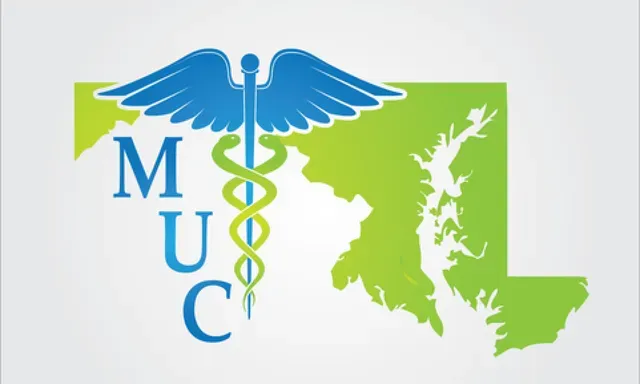
Varicella (Chickenpox) Vaccine in Maryland, MD
Chickenpox is a disease that is highly contagious caused by the varicella-zoster virus (VZV). It produces a blister-like rash, itching, fatigue, and fever. Chickenpox was once quite common in the United States. Every year, chickenpox causes approximately four million cases, 10,600 hospitalizations, and up to 150 deaths.
The vaccine is about 90% effective in preventing chickenpox after two doses. Getting vaccinated protects both you and others in your community. This is very important to people who are unable to receive vaccinations, such as those with weak immune systems or pregnant women. People who got the vaccine might still get infected, but it will be milder and will just show little to few blisters.

When Should a Child get Vaccinated?
The first dose should be 12-15 months and the second dose should be 4-6 years of age. If a child has never had chickenpox or has never been vaccinated, he or she should receive two doses of the chickenpox vaccine. If they had only had one shot, they should get the second one.
Side Effects to Expect
Some children don’t show any side effects after the shot. The side effects that usually occur are mild, this includes:
- Soreness, redness, or swelling on the injected area.
- Mild rash
- Fever
Who Should Get Chickenpox Vaccine
Children under the age of 13 should receive two doses:
The first dose is provided between the ages of 12 to 15 months.
- The second dose is provided between the ages of four to six years. The second dose may be provided at a younger age if it is provided at least three months after the first dose.
- People aged 13 and up who have never had chickenpox or received the chickenpox vaccine should receive two doses at least 28 days apart.
Vaccination against chickenpox is especially important for:
- Healthcare providers
- Teachers
- Childcare Providers
- Residents and employees of nursing homes and other residential facilities
- University Students
- Correctional Facility Inmates and Staff
- Service Members in the Military
- Women who are not pregnant
- Adults who share a home with children
- International Tourists
After consulting with their doctor, some people with weakened immune systems who do not have immunity to chickenpox may be considered for vaccination, including:
- People infected with HIV
- People who have cancer but are in remission
- Low-dose steroid users
Who Shouldn’t Get a Chickenpox Vaccination?
If you have evidence of immunity to the disease, you do not need the chickenpox vaccine. Chickenpox vaccine is not for everyone, and some should wait. People should consult their doctor about receiving chickenpox vaccine if they:
- Have HIV/AIDS or another immune-compromising disease.
- Are being treated for at least two weeks with drugs that suppress the immune system, such as steroids.
- Have cancer of any kind.
- Are being treated for cancer with drugs or radiation.
- Have recently received a transfusion or other blood products.
What Basically is Chickenpox?
Chickenpox is a viral infection that causes fever and an itchy red rash all over the body. The rash appears as a series of small red bumps that resemble pimples or insect bites. They appear in waves over 2 to 4 days, then develop into fluid-filled thin-walled blisters. The blister walls rupture, exposing open sores that eventually crust over to form dry, brown scabs.
Symptoms:
Sometimes, we cannot predict if that is chickenpox or not. Better consult your doctor when you are experiencing the following:
- Fever
- An itchy rash of blisters
- Headache
- Sore throat
- Stomachache
- Feeling tired
What Problems Can Happen?
For children, chickenpox is usually milder than with adults, but it is still uncomfortable due to the itching. Most of the time, they are recommended to stay at home and miss school until the symptoms go away. Chickenpox can cause serious complications in some cases, including:
- Skin infections (due to severe itching of skin)
- Dehydration
- Pneumonia (Lung Infection)
- Encephalitis (brain swelling)
- Chickenpox can be fatal in rare cases.
How to Treat Chickenpox
Antibiotics cannot treat chickenpox because it is caused by a virus. However, antibiotics are required if bacteria infect the sores. This can occur when children scratch and pick at their blisters. People with chickenpox who are at risk of complications may be prescribed an antiviral medication. It is determined by:
- Age and health of the child
- The severity of the infection
- The treatment’s timing
- Your doctor will be able to tell you if the medication is appropriate for your child.
